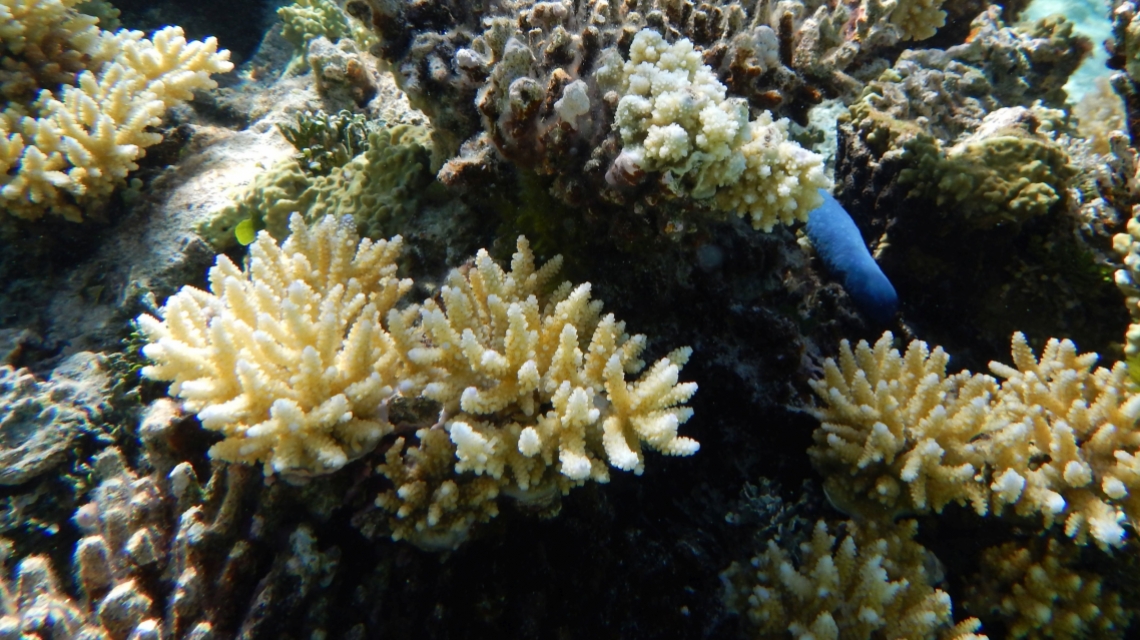At the United Nations High-Level Political Forum (HLPF) on Sustainable Development this month, the IAEA highlighted its progress on global collaboration and capacity building to understand the impact of ocean acidification on marine ecosystems and coastal communities. Hosted by the IAEA’s Ocean Acidification International Coordination Centre (OA-ICC), the side-event highlighted success stories and discussed ways to advance capacity building in support of the UN Decade of Ocean Science for Sustainable Development.
The event entitled, “Developing capacity to address ocean acidification for a sustainable ocean future” brought together over 90 participants from around the world, where a panel of international experts called for more integrated science-based management to minimize the impacts of ocean acidification on wildlife.
“The IAEA is committed to helping countries use accurate information and specialized nuclear techniques to address development challenges and achieve their sustainable development goals, including SDG14.3 – to ‘minimize and address the impacts of ocean acidification, including through enhanced scientific cooperation at all levels’,” said Peter Swarzenski, Acting Director of the IAEA Environment Laboratories.
The UN HLPF is held annually to review the implementation of all 17 Sustainable Development Goals, with a focus this year on ‘accelerating action and transformative pathways to realize the decade of action and delivery for sustainable development.’
“We know ocean acidification is happening, and we need to continue partnering with other stakeholders to enforce decision making,” said Jan Newton, Co-chair of the Global Ocean Acidification Observing Network (GOA-ON). “Observation-based information resources are essential for policy development, including for management of fisheries and aquaculture.”
The side-event included a panel of leading experts on ocean acidification and capacity building, including members of the GOA-ON, the International Alliance to Combat Ocean Acidification, the IAEA, the Executive Planning Group for the UN Decade of Ocean Science for Sustainable Development 2021-2030, and the Ocean Acidification Mediterranean Hub. Panelists shared ways to amplify future capacity development efforts leading up to the UN Decade of Ocean Science for Sustainable Development.
Marc Metian, a research scientist at the IAEA’s Environment Laboratories in Monaco presented an overview of the IAEA’s projects on helping countries build capacity to address ocean acidification, including through the OA-ICC, the Technical Cooperation Programme, and a newly launched Coordinated Research Project on global ocean acidification impacts to seafood. Over the past decade, the IAEA has carried out numerous experiments to study subtle impacts of ocean acidification on diverse marine species to better understand how these organisms will have to adapt to a changing marine environment.
We know ocean acidification is happening, and we need to continue partnering with other stakeholders to enforce decision-making. Observation-based information resources are essential for policy development, including for management of fisheries and aquaculture.






